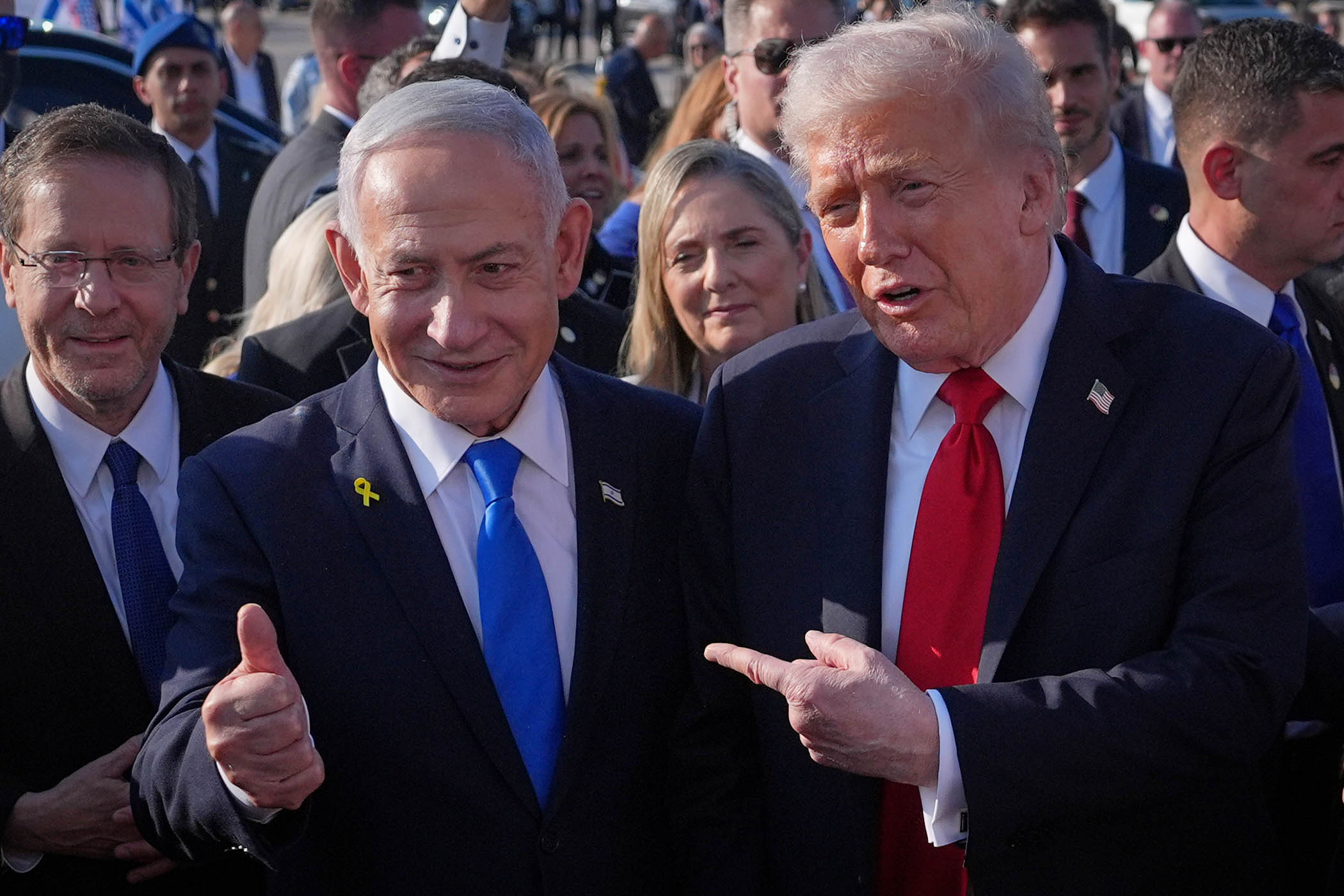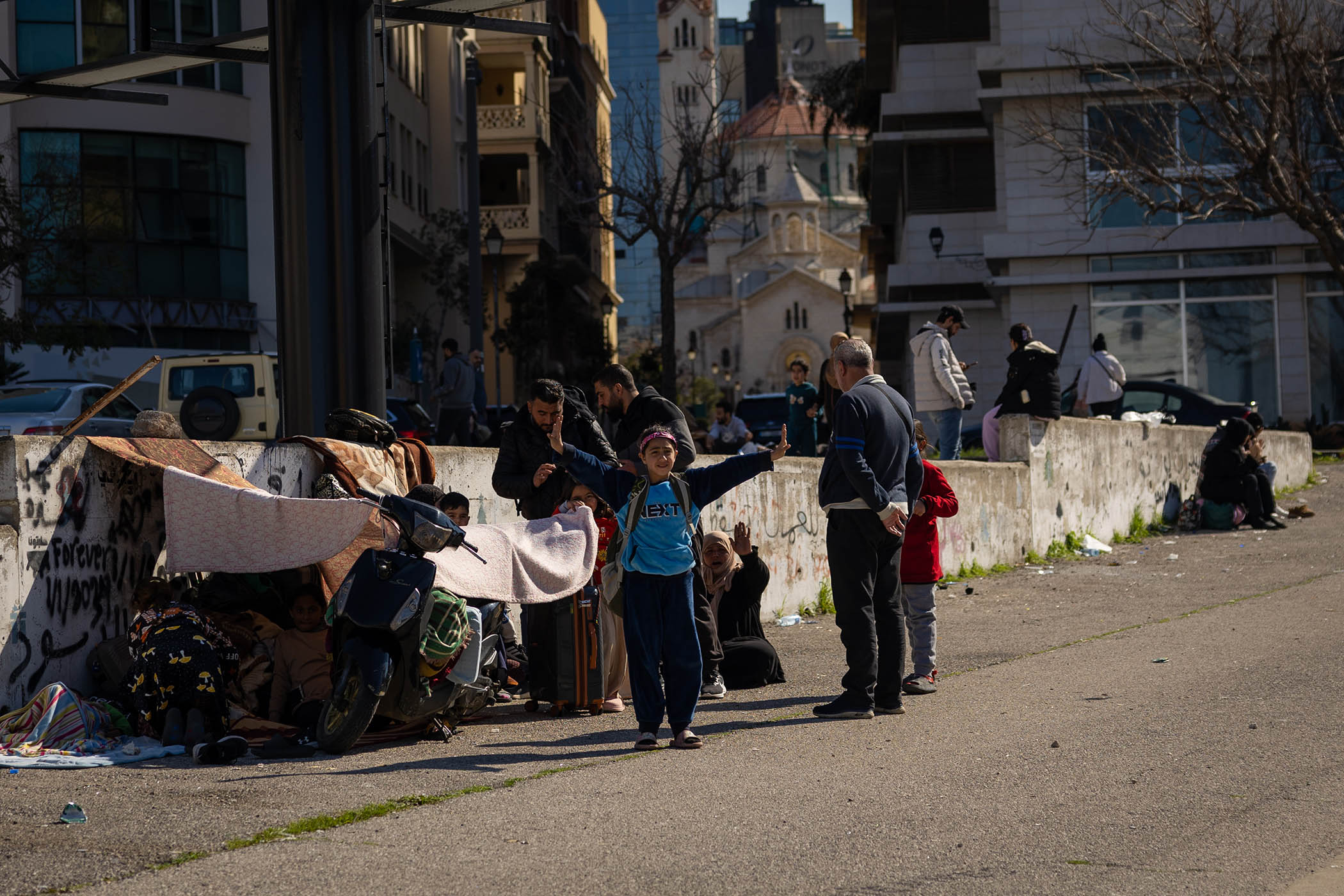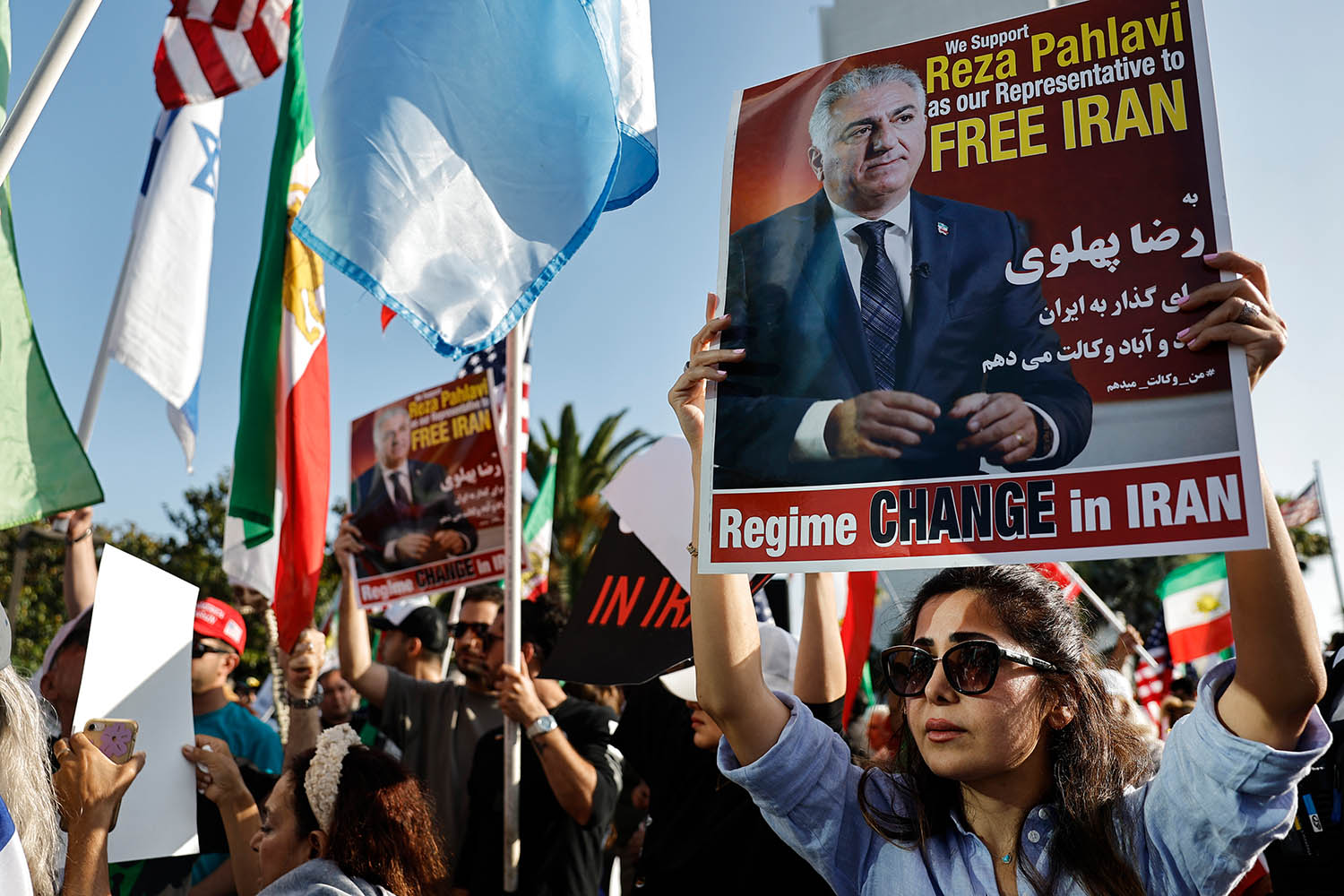Avraham Biton raises his voice over the thud of techno beats playing in the Ashkelon marina, where he is drinking coffee. Talking about his adoration of Israeli prime minister Benjamin Netanyahu makes the softly spoken religious man animated.
“Bibi is stronger than ever!” he exclaims, leaning in and reaching his arms wide as he uses the nickname for Netanyahu.
Earlier in the week, Biton had stood among the thousands in Hostages Square in Tel Aviv who booed mention of Netanyahu’s name by White House envoy Steve Witkoff. Biton, a 65-year-old who works in tech and self-identifies as a “Bibi-ist”, pities what he sees as their short-sightedness. Netanyahu deserves thanks, in his view.
“He’s the face of the messiah,” he says. “We follow him, as it’s God’s will. He proved himself to the whole world through this war – against all odds.”
The return of 20 living hostages and Donald Trump’s declaration that “the war is over” marked a watershed. While Netanyahu declared that “the struggle is not over”, much of the Israeli public desperately hopes this moment signals the battle is won. The end of the war was expected to bring a reckoning for Netanyahu, including demands for an early election. But there is every indication that Israel’s longest-serving prime minister could survive this pressure, emerge emboldened – and win again.
The period after the 7 October 2023 attacks made it seem like Netanyahu’s long political career was entering an inevitable twilight. After Hamas invaded Israeli towns and kibbutzim, killing 1,200 people and taking some 250 hostage, a furious Israeli public questioned how the prime minister allowed the security failures that led to the bloodiest day in the country’s history on his watch. In the two years since, Netanyahu has remained while every other official who was in power on that day resigned.
The Israeli assault on Gaza has killed at least 67,000 Palestinians, and Netanyahu is now wanted by the international criminal court, accused of war crimes and crimes against humanity. Two-thirds of Israelis dislike Netanyahu, with his approval rating the same as before Israel’s longest war, when hundreds of thousands took to the streets in protest at his planned judicial reforms.
But the Israeli premier does not need to secure a majority to win re-election: his Likud party has around a quarter of the seats in the Knesset, allowing Netanyahu to lead the most hard-right coalition in Israel’s history. The fractured electoral system depends on coalition-building, meaning that Netanyahu just needs to ensure his base turns out at the ballot box in an election due a year from now – or sooner if it suits.
His loyalist base is not just satisfied but overjoyed, despite expectations that signing a deal would disappoint them. “You’ll see at the next election – he’ll be even bigger and stronger,” says Biton.
Biton is part of the Mizrahi community that makes up Netanyahu’s core base of support. Not only does he believe that the Israeli prime minister is fighting for his interests – namely a religious state – but he also shares Netanyahu’s view that the nation’s enemies within are on the march. To hear him tell it, a coalition of the Israeli left along with the supreme court and “the deep state” of military officials hostile to the prime minister have rendered Israel no longer democratic.
Newsletters
Choose the newsletters you want to receive
View more
For information about how The Observer protects your data, read our Privacy Policy
In a cafe in Tel Aviv, former intelligence agent Gonen Ben Itzhak also believes that Israel is no longer a democracy. The lawyer and former Shin Bet agent, however, argues that it is under threat from a media apparatus loyal to the prime minister as well as a swathe of security, judicial and other loyal appointees.
“Everything is him. When he talks about the deep state – Netanyahu is the deep state. He controls everything,” he says. “He’s a danger to Israeli democracy.“
Ben Itzhak is one of the founders of a protest group known as “Crime Minister” that organised anti-corruption demonstrations against Netanyahu, and was among hundreds of thousands who protested Netanyahu’s attempts to reform the judiciary two years ago – reportedly prompting Netanyahu to ask the former head of the Shin Bet to “act against him”.
“I think the next thing that will fuel protests will be the question of investigating what happened on 7 October,” he says.
Even as Netanyahu gains in the polls, his parliamentary opponents believe they can unseat him. Yair Lapid, Israel’s opposition leader, told The Observer that he is confident his centrist party will secure victory in elections next year. “A prime minister who was in charge during the greatest security failure in our history cannot stay in power,” he said.
Current polls do not bear this out. Two conducted by Israeli news outlets Channel 12 and Zman Yisrael after the hostage deal suggested Netanyahu’s coalition would easily win again if elections were held, while Lapid’s Yesh Atid party would see their Knesset seats crater to single digits.
Lapid is also seeking a state inquiry, although he shied away from criticising Netanyahu’s actions in Gaza. “I have had significant differences with the government during the war, but the place for that debate is within Israel,” he said.
Yair Golan, the head of the Democrats party and widely seen as the last hope for the revival of Israel’s beleaguered left, was more vocal in his criticism. The Israeli prime minister has long shown a “total lack of leadership”, he said, and removing him from political life remains his priority along with a state commission of inquiry.
“There is no doubt that Netanyahu will do everything possible to escape responsibility for the events of 7 October,” he said, pledging that he will spearhead a public pressure campaign to ensure that a full state-backed inquiry holds those responsible to account.
Golan formed his Democrats party from the merger of two dwindling parties – Labor and Meretz – in a bid to revive leftwing Israeli politics. But support for him among protesters may not translate at the ballot box: recent polls suggest his party will gain seats compared with Labor’s last election result but far from enough to even lead the opposition.
“Netanyahu has not reshaped Israeli politics – he has corrupted it,” Golan said. “He has legitimised extremists and brought the political fringes into the heart of government. The public knows this.”
But while Netanyahu’s actions are little secret, his base remains happy. Ben Itzhak believes that it will take years for the Israeli public to recover from the trauma stemming from the 7 October attacks, compounded by the creeping realisation of what their military and government have done in Gaza.
“I don’t see how Israeli society is going to recover, at least not for now,” he said. “And in that lack of healing is where Netanyahu thrives. He is a poisonous mushroom that lives on dirt – and this is the dirt that he likes.”
Photograph by Evan Vucci/AP Photo



